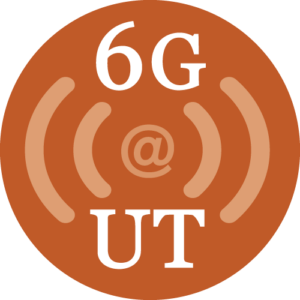“A small surveillance drone flies over an Austin stadium, diligently following a series of GPS waypoints that have been programmed into its flight computer. By all appearances, the mission is routine.
Suddenly, the drone veers dramatically off course, careering eastward from its intended flight path. A few moments later, it is clear something is seriously wrong as the drone makes a hard right turn, streaking toward the south. Then, as if some phantom has given the drone a self-destruct order, it hurtles toward the ground. Just a few feet from certain catastrophe, a safety pilot with a radio control saves the drone from crashing into the field.
From the sidelines, there are smiles all around over this near-disaster. Professor Todd Humphreys and his team at the University of Texas at Austin’s Radionavigation Laboratory have just completed a successful experiment: illuminating a gaping hole in the government’s plan to open US airspace to thousands of drones.
They could be turned into weapons.Continue reading and watching the FoxNews coverage:











